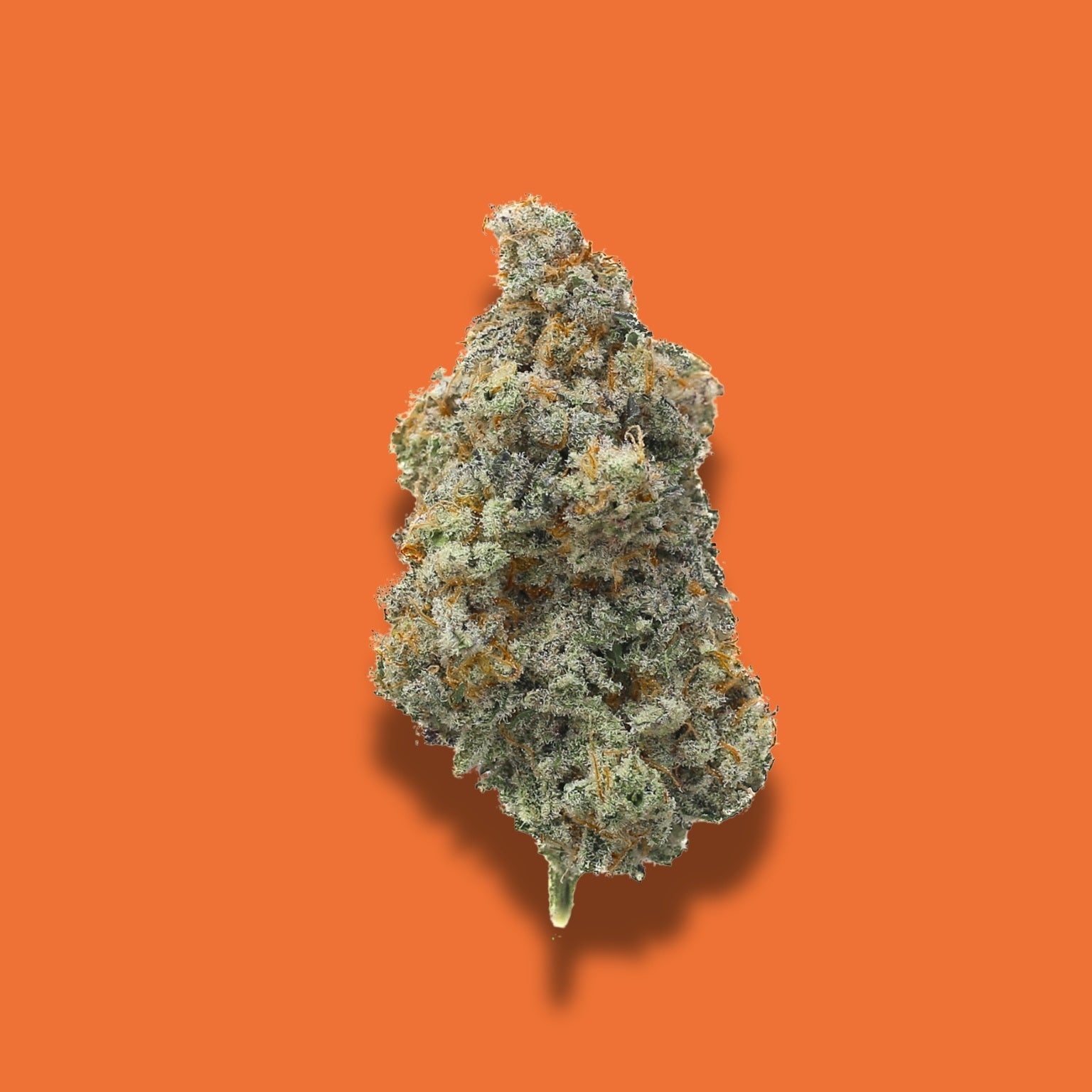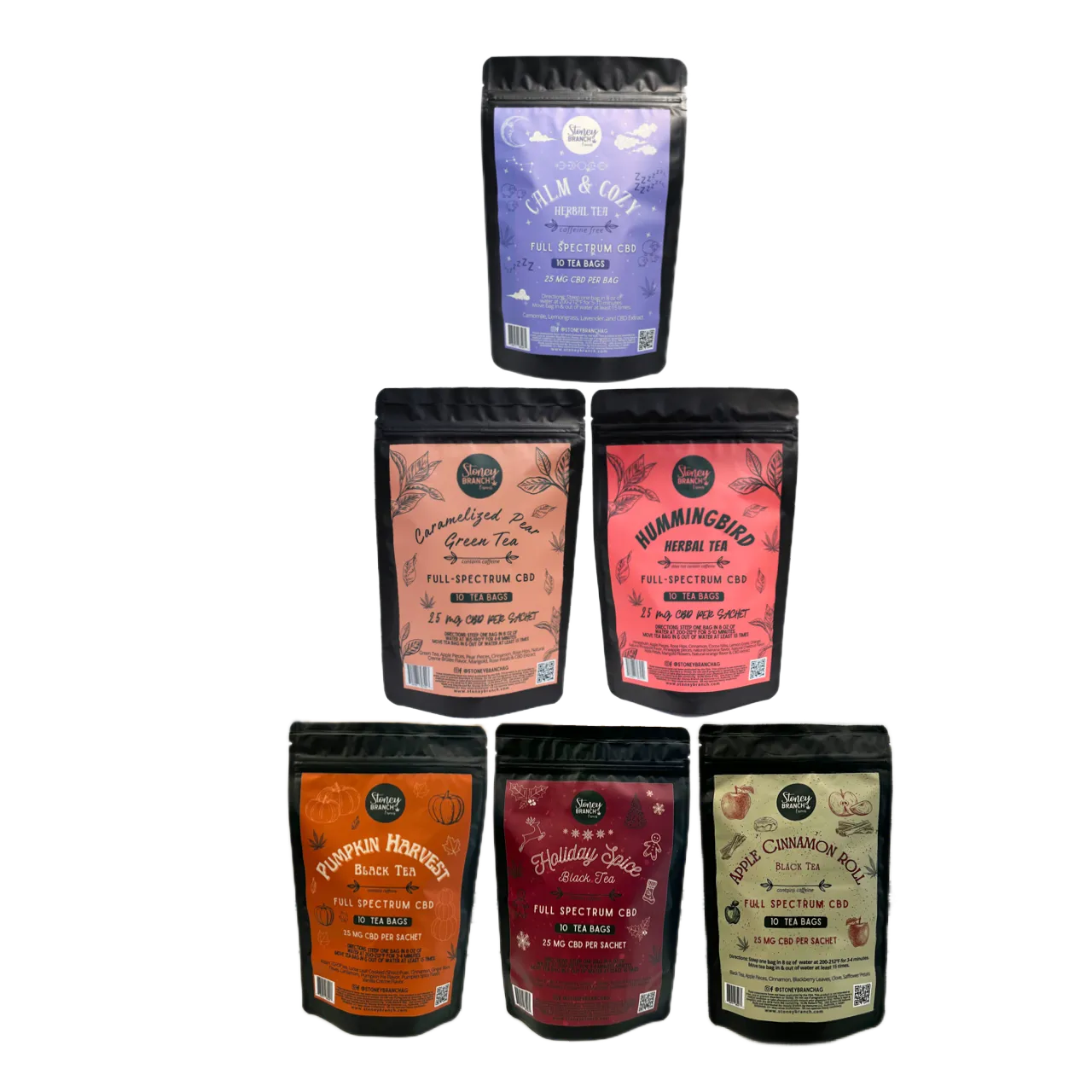Tetrahydrocannabinolic acid (THCA) is a compound found in raw and live cannabis plants. It's closely related to the more well-known THC (tetrahydrocannabinol), but with some key differences that affect both its effects and legal status. Let's break down how THCA works, why it's currently federally legal in the United States, and why it's actually the same thing as THC.
What is THCA?
THCA is the precursor to THC in the cannabis plant. As the plant grows, it produces THCA, not THC. THCA converts to THC through a process called decarboxylation, which occurs when cannabis is heated, such as when smoking or vaping.
Unlike THC, THCA (the acid form of THC) is non-psychoactive, meaning it doesn't produce the "high" associated with cannabis use. This is because THCA has a different molecular structure that prevents it from binding effectively to the CB1 receptors in the brain responsible for THC's psychoactive effects.
THCA and THC: One in The Same, Just a Different Word the Hemp Industry Uses
While THCA and THC have different properties in their natural states, they are fundamentally the same molecule in different forms. This is crucial to understanding both the legal status and the potential effects of THCA:
1. Molecular Structure: THCA and THC have nearly identical molecular structures. The only difference is that THCA has an extra carboxyl group (COOH) attached to it.
2. Easy Conversion: This carboxyl group is easily removed through heat, converting THCA into THC. This process, called decarboxylation, happens rapidly when cannabis is smoked or vaporized.
3. Potential for Psychoactivity: While THCA itself isn't psychoactive, its easy conversion to THC means that any product containing THCA will become psychoactive when exposed to heat.
Legal Status of THCA
THCA currently exists in a legal gray area that makes it federally legal in the United States, at least for now. Here's why:
1. The 2018 Farm Bill: This legislation legalized hemp and hemp-derived products containing less than 0.3% Delta9 THC. THCA is not specifically mentioned in this bill.
2. THCA is not scheduled: Unlike THC, THCA is not listed as a controlled substance under federal law.
It's important to note that laws can vary by state, and the legal landscape surrounding cannabis compounds is constantly evolving. Always check your local laws and consult with a legal professional for the most up-to-date information.
Conclusion
Its current legal status makes it an attractive option for those interested in cannabis but are concerned about legality. However, the fact that THCA and THC are essentially the same molecule (one in the acid form) complicates both the scientific understanding and the legal status of THCA. As with all matters in the rapidly changing cannabis industry, it's crucial to stay informed about any legal developments that may affect THCA's status in the future.
THCA flower is the exact same flower you buy from the dispensary or from your plug, it's just marketed using the term THCA when sold via the hemp industry.






